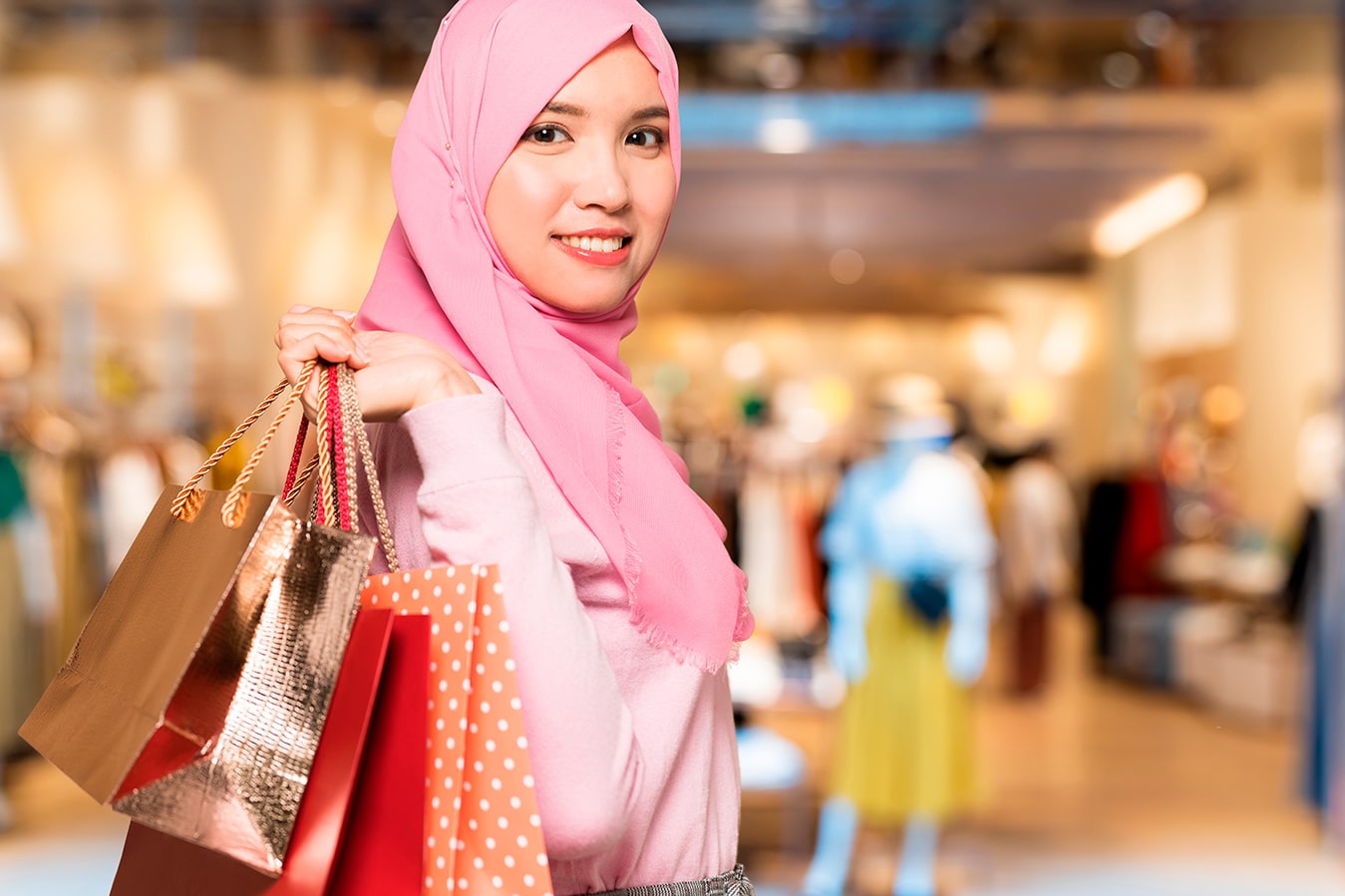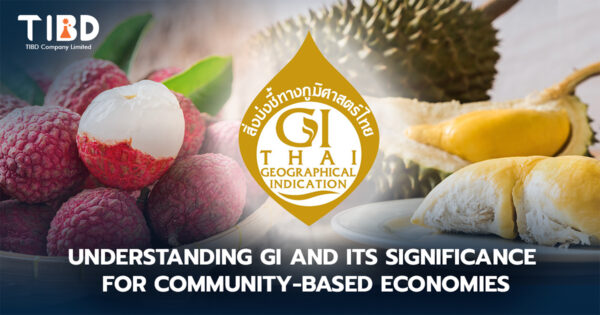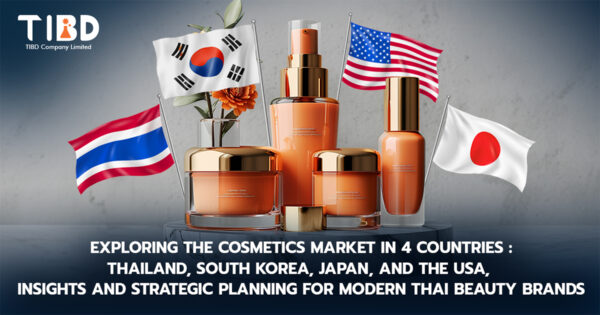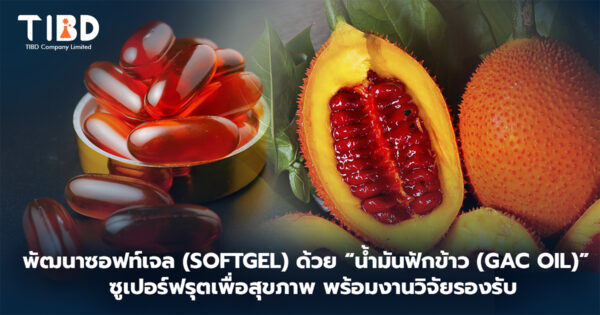Contents
What is Importance of Halal Cosmetics for Muslim Women?
Recent studies have shown that women who apply lipstick will an average women using lipstick would end up “eating” it about 4-9 pounds in their lifetime through locking their lips or when they drink or eat while wearing one. With the ingredients and chemical compositions of usual lipsticks which includes fatty acids and gelatins as well as alcohol or animal extracts, some Muslims are not aware of the ingredients composition of what they use. Around 60% of the world’s Muslims live in the Asia-Pacific Region. For Muslim women especially for devout ones, choosing halal cosmetics is an absolute thing to do. This is mainly a form of obedience as Muslims are indeed forbidden the consumption of certain ingredients. Likewise with cosmetics, the use of cosmetics must also pass the halal test from the authorities.Criteria for Cosmetics be called Halal
So, what are the criteria for a cosmetics to be called halal? The following are the basic guidelines:- The ingredients used do not contain dogs and pigs.
- When using material from animals such as collagen from cow fat, the process of death or animal has been carried out in accordance with Islamic procedures (the same as when we slaughter animals with a sharp knife and chant the name of Allah SWT).
- Cosmetics are not made of animals that have teeth fangs.
- Cosmetics are not made from animals that have claws.
- Cosmetics are not made of animal blood and placenta.
- Cosmetics do not contain alcohol.





